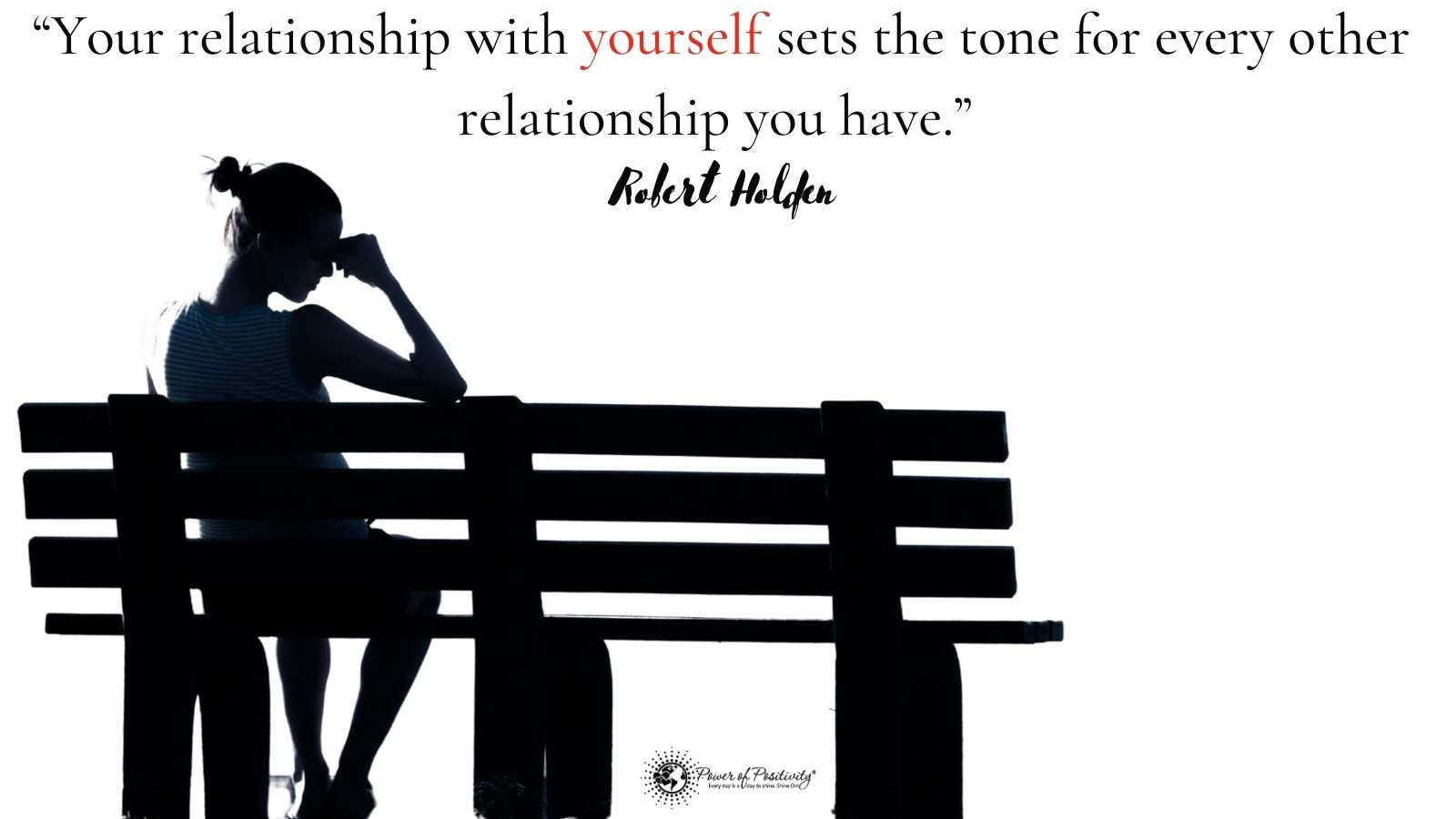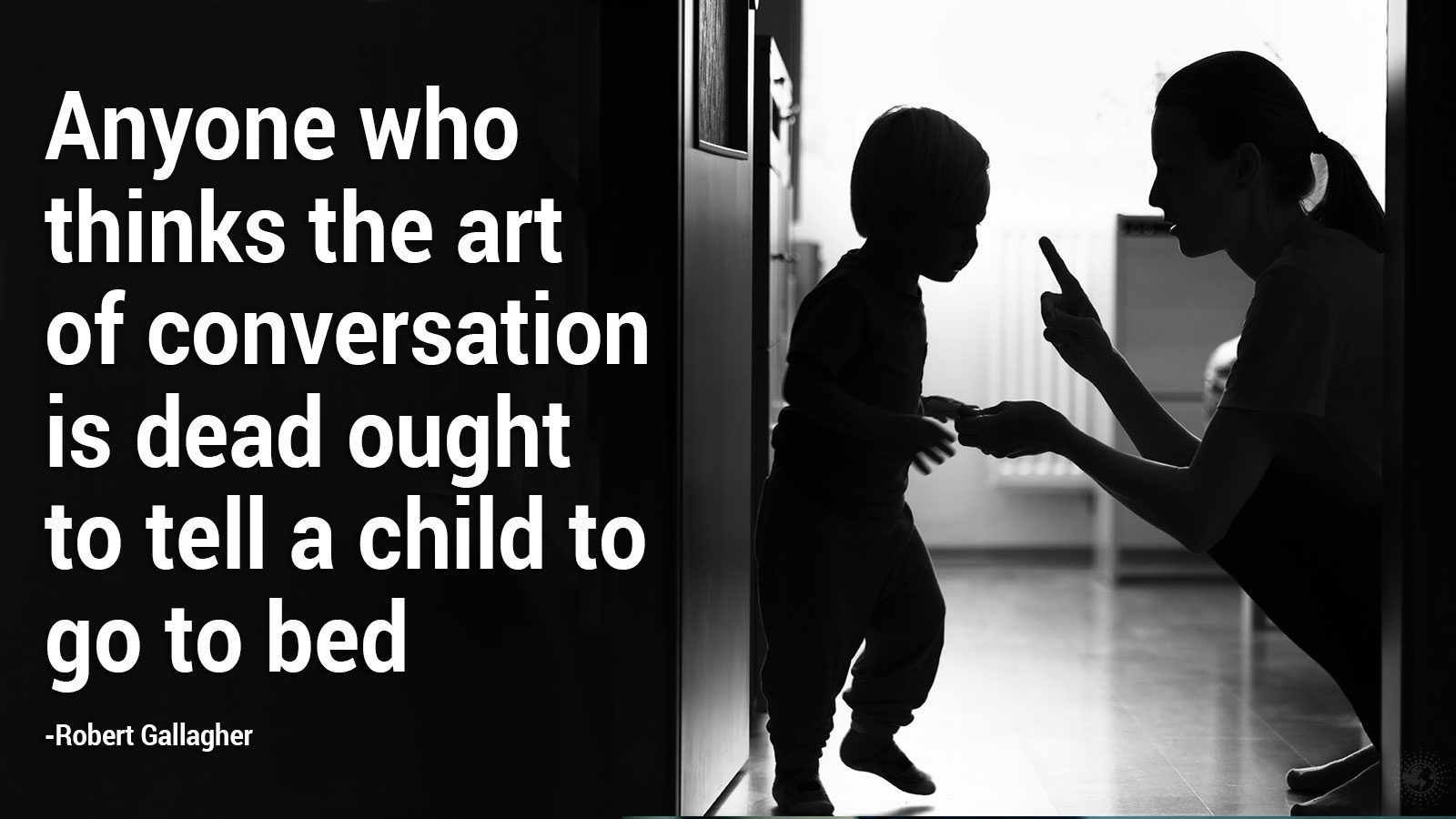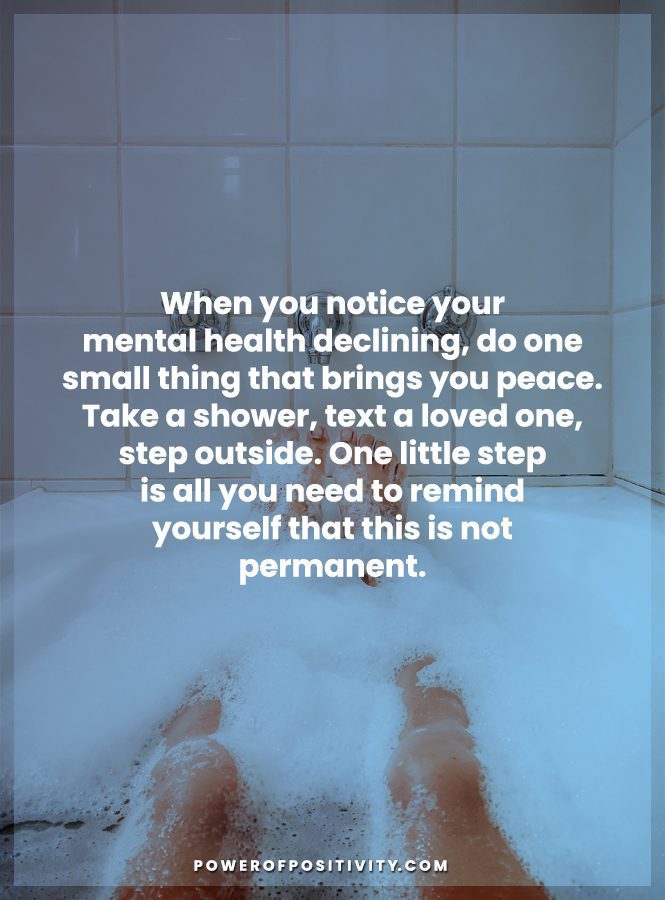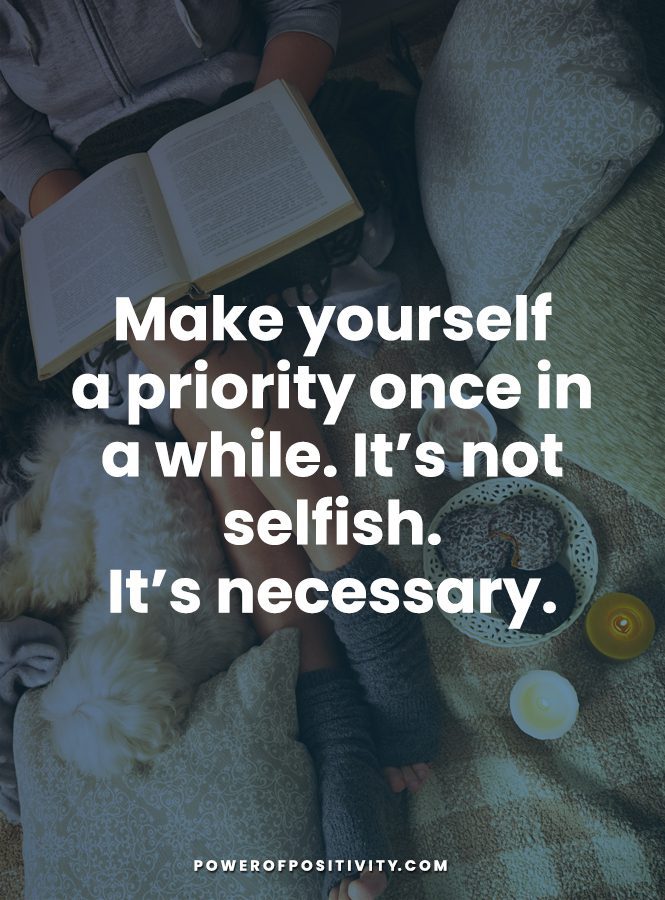Daily affirmations can help you set boundaries with the people in your life. Not everyone understands how they should treat you and when they’ve crossed a line. Setting boundaries can be scary, but you’ll see that it helps people respect what you want and need.
The people you spend your time with shouldn’t make your life harder. They shouldn’t be the ones bringing you down and causing stress. Instead, they should be helping you reduce stress as you can enjoy your time with them and feel their support.
If you’re not sure where to start regarding setting boundaries or aren’t good at enforcing them, using daily affirmations can make it easier. It can help you focus on the things that create the life of your dreams. These daily affirmations also help set boundaries that improve your overall well-being.
What Are Boundaries?
Personal boundaries are limits or rules you set for your behavior and how others treat you. It involves your expectations of others and recognizing when what they’re asking of you isn’t your responsibility. Boundaries also involve your relationship with yourself and those around you, defining what you will or will not tolerate.
Your limits keep you safe, help you feel comfortable, and offer a sense of security. Setting boundaries can promote your mental health and well-being. You can use limits in your relationships, work life, or anywhere else.
Twenty Daily Affirmations to Set Boundaries
Daily affirmations for boundaries can help you be firm about what you need or want. The phrases encourage you to create a peaceful, balanced life. Repeating them helps reprogram how you view yourself, giving you the necessary courage.
Setting boundaries is uncomfortable for many people, whether they’re used to people-pleasing or afraid to speak up. Repeating affirmations can make it easier and help boost your confidence and remind you of your worth.
1 – I deserve healthy, respectful relationships.
You might feel guilty implementing boundaries because others may not take it well. However, you deserve relationships that make you feel good. If your limits upset someone, remind yourself that managing their expectations isn’t your responsibility.
This daily affirmation reminds you that you’re worthy and it’s okay to vocalize your needs and wants. When someone tries to persuade you to give up your boundaries, you’ll know it’s not a healthy or respectful relationship.
2 – I am choosing boundaries that help me live and create my desired life.
Think of your dreams and life goals when setting your boundaries. The limits you implement should encourage you to live the life you desire. When an area of your life isn’t working for you, consider what limit you can implement to improve it.
3 – I know that it’s okay to say no.
You can say no when you don’t want to do something or feel uncomfortable. It’s okay if others get upset because this is your life. You choose what you want and need to do, and someone’s anger shouldn’t influence it. Don’t feel bad or let the person guilt trip you into doing what they want.
It’s also okay to say no more than other people. It doesn’t matter how often you say it because this is your life, and you deserve to do what’s best for you. Use this phrase to affirm that saying no is the right choice.
4 – I deserve to maintain boundaries that work for me.
Your boundaries may change over time, which is okay because your life constantly changes. Your limits should work for you in every stage of your life. Since you’re constantly growing and changing, it’s only natural that your boundaries will, too. You deserve to maintain the ones that work for you and change the ones that don’t.
5 – I am allowed to set boundaries that are different than others.
Your life differs from those around you, and your boundaries should, too. Setting the same boundaries as others won’t help you because it doesn’t serve you. Boundaries that help you achieve the life you want and feel comfortable will help you move forward.
6 – I attract people who respect my boundaries.
The people you surround yourself with should respect the boundaries you set for yourself. Using this affirmation can help you attract the people who will, helping you enjoy your life more. You’ll also be more likely to look for respectful people after repeating this affirmation.
7 – I easily share my boundaries with those around me.
This daily affirmation can help give you the courage to speak up about your wants or needs. It’ll help you stay firm in your decision and hold people accountable when they cross the line.
8 – I become a better person when I enforce my boundaries.
Each time you enforce your limits, you’ll grow a little. You’ll become a better version of yourself as it increases your confidence, self-love, and security.
9 – I know that my boundaries help me grow.
Whether your boundaries are about your personal or business life, they can help you grow. The limits should align with your goals and values so that your journey is one you can be proud of.
10 – I am embracing change and growth.
Change and growth are parts of life and often require setting boundaries. When you resist these aspects of your life, it can be easy to let things continue as they have been. However, embracing change and growth helps you set boundaries that encourage moving forward.

11 – I am honoring myself by implementing and maintaining boundaries.
You’re worthy of being treated well, and it’s up to you to say when someone isn’t doing so. Speaking up and maintaining your limits is a way to honor yourself and everything you’re worthy of.
12 – I am staying true to my values.
Other people might try to get you to betray your values, and this daily affirmation can help. Repeating this statement gives you the courage and willpower to stay true to who you are. This affirmation can also help you stand up for your beliefs while respecting other opinions.
13 – I use my boundaries to help me take care of my mind, body, and soul.
Taking care of yourself is essential, and you must prioritize yourself. Consider what you need and implement boundaries that allow you to achieve it. It’ll improve all areas of your life and help you feel better.
14 – I am becoming clearer about my boundaries.
When you grow as a person, your needs and wants become clearer. You’ll learn what you’re comfortable with and not willing to do or accept. As you understand yourself better, your boundaries become more apparent, too.
15 – I am protecting my time and energy.
Your time and energy are important despite what everyone wants of you. This daily affirmation can help you say no when you don’t want to do something or don’t have time for it.
When you can’t turn down someone’s request, it interferes with your well-being and sends the message that they can take advantage of you. You’ll burn yourself out and miss out on essential tasks and opportunities for yourself.
16 – I am permitting myself to set boundaries that support my well-being, business, and all other areas of my life.
You can set limits in all areas of your life. The limits can support your well-being, your career, and specific area of your life. Implementing boundaries in all areas can help you enjoy every part of your life.
17 – I practice self-love when I set boundaries.
Setting boundaries is an act of self-love and self-respect as you put yourself first and prioritize your needs. You know what you’re comfortable with, and implementing boundaries helps you stay true to that. It’ll help you feel better, live better, and chase your dreams.
18 – I can safely share my boundaries with the people in my life.
If you’ve never set limits with your loved ones, it might seem a little scary the first time. Using this affirmation can help ease your fears and get the experience over with. The people who care for you will understand and respect what you need. You might have to offer reminders sometimes, but it’ll be easier than the initial announcement.
19 – I am responsible for my happiness, and it requires boundaries.
You can’t be happy if you let people mistreat you. It can interfere with your self-love, confidence, and sense of well-being. Setting boundaries allows you to focus on your happiness and quality of life.
20 – I am becoming more confident in expressing my needs and desires.
When you honor what you want and need, you can increase your confidence. You’ll feel better about who you are and enjoy life more when you have the space to move forward.

Final Thoughts on Daily Affirmations to Set Boundaries
If you’re unsure how to set boundaries or need encouragement, these daily affirmations can help. The phrases can help you feel more comfortable and confident telling people what you expect. They’ll also help you stand up for yourself if anyone crosses your boundaries.
Of course, standing up for yourself will become easier as you enforce your boundaries more often. You deserve respect, including respecting your limits, even if someone disagrees with them.


















